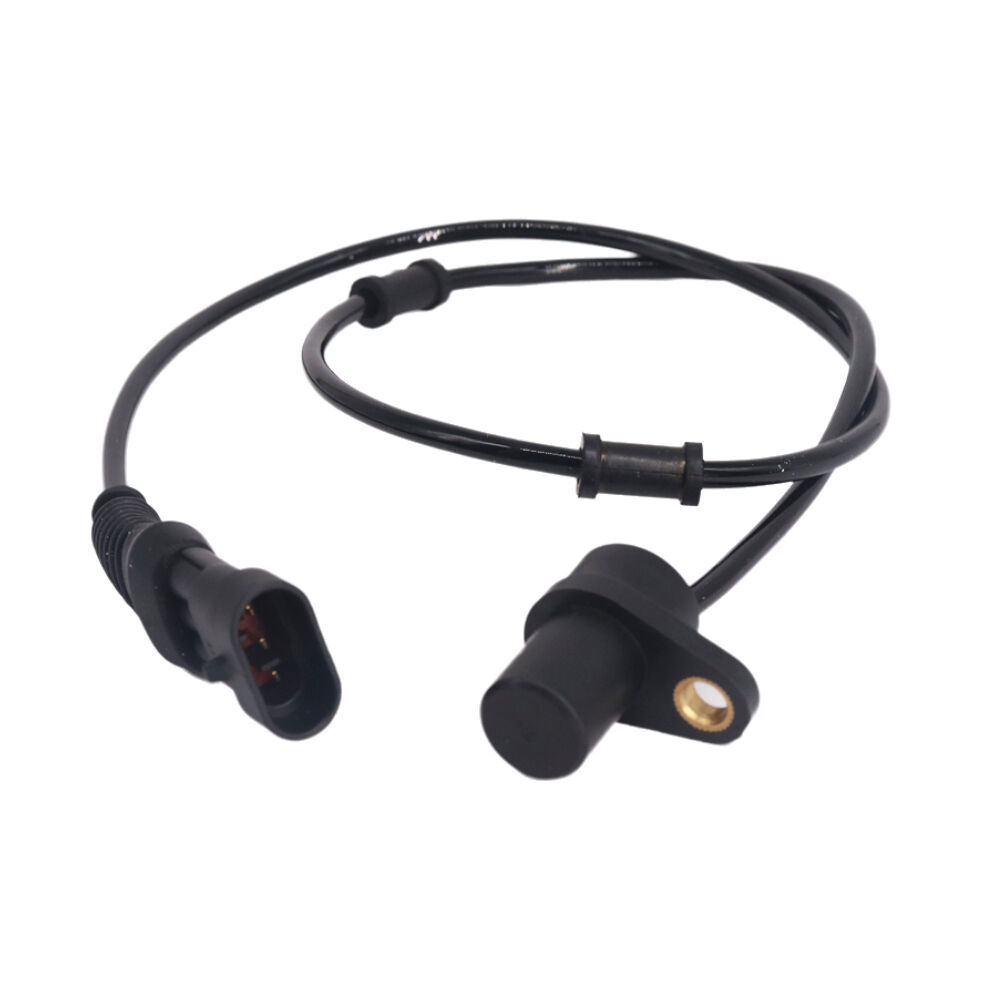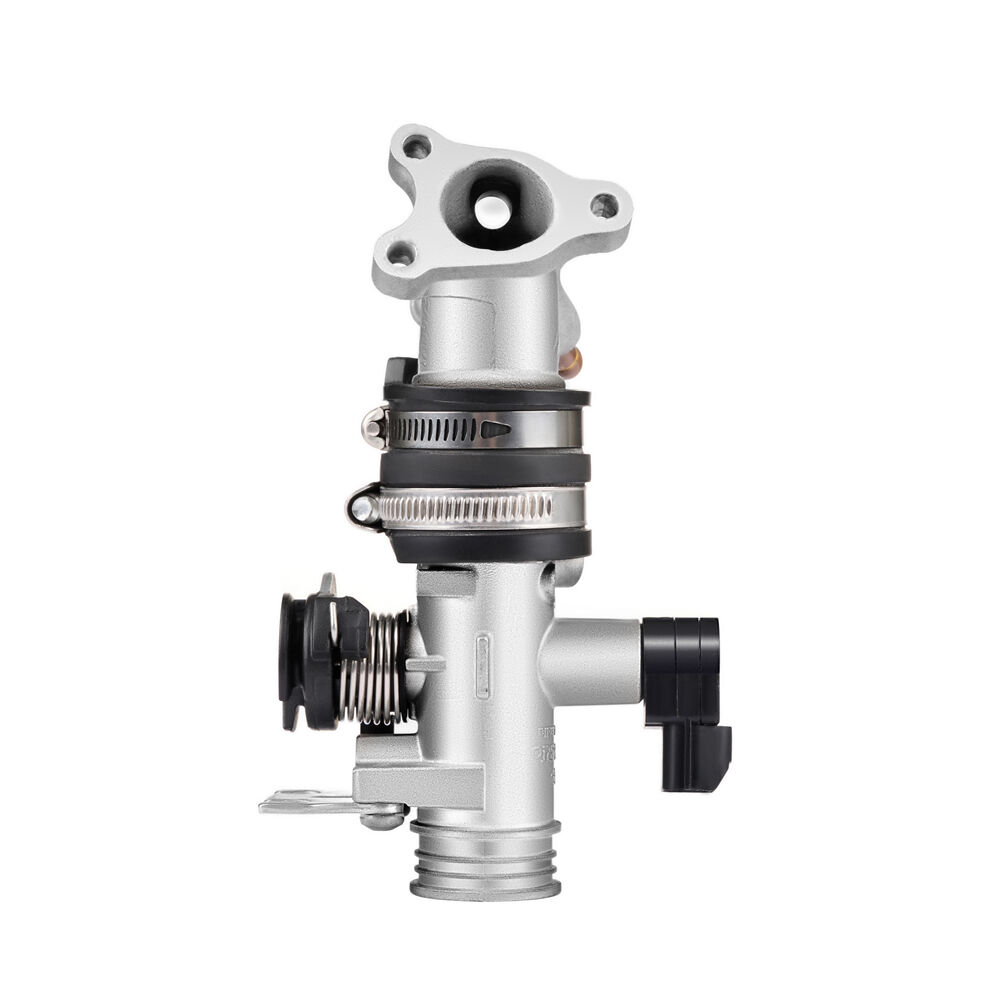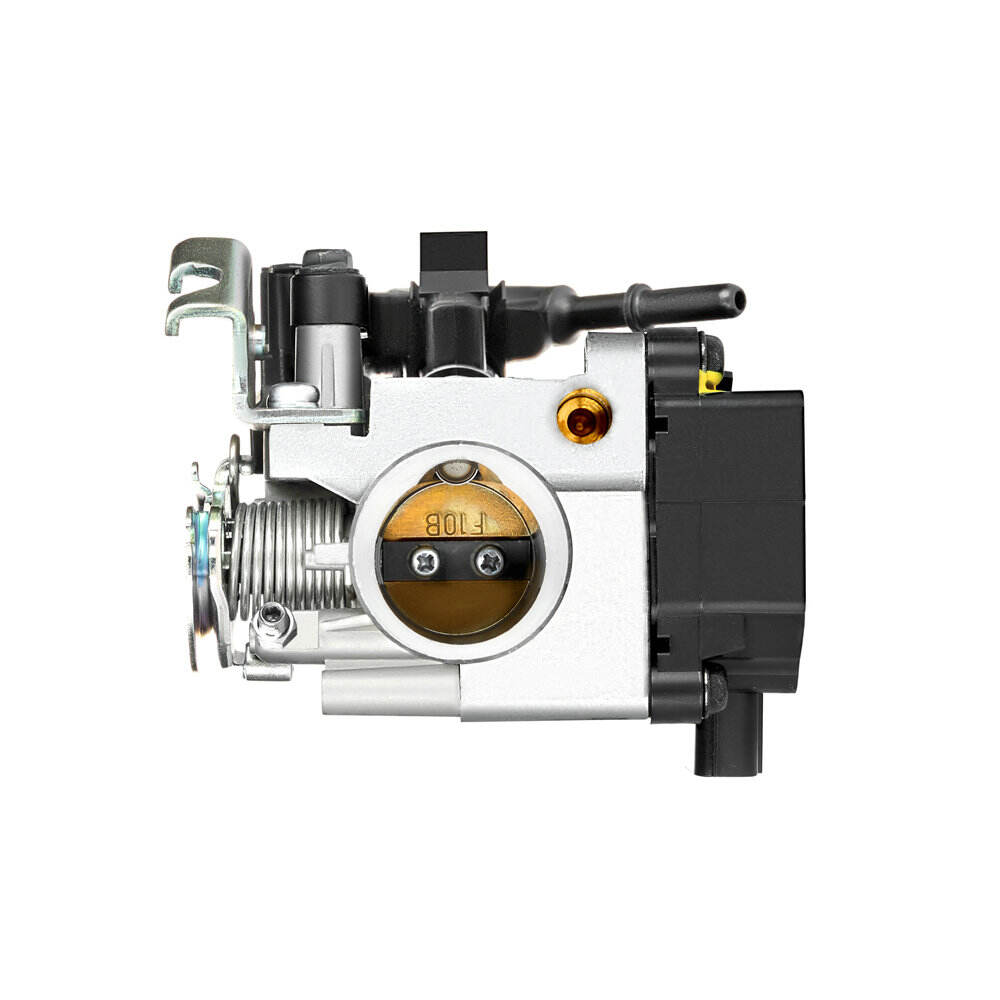crankshaft position sensor testing equipment
Crankshaft position sensor testing equipment represents a crucial diagnostic tool designed for automotive professionals and mechanics to evaluate the functionality and accuracy of crankshaft position sensors. This sophisticated equipment combines precision measurement capabilities with user-friendly interfaces to deliver comprehensive sensor analysis. The testing system incorporates advanced signal processing technology to measure sensor output signals, timing accuracy, and waveform characteristics. It can simulate various engine operating conditions to verify sensor performance across different RPM ranges and operating temperatures. The equipment typically features both digital and analog testing modes, allowing technicians to perform both basic functionality tests and in-depth diagnostic analyses. Modern units often include integrated data logging capabilities, enabling the storage and analysis of test results for documentation and comparison purposes. The testing equipment can identify common sensor issues such as signal degradation, timing irregularities, and circuit problems. Additionally, it provides real-time monitoring of sensor output parameters, including voltage levels, frequency response, and signal quality. This essential diagnostic tool supports testing across multiple vehicle makes and models, featuring adaptable connectors and testing protocols to accommodate various sensor designs and specifications.


